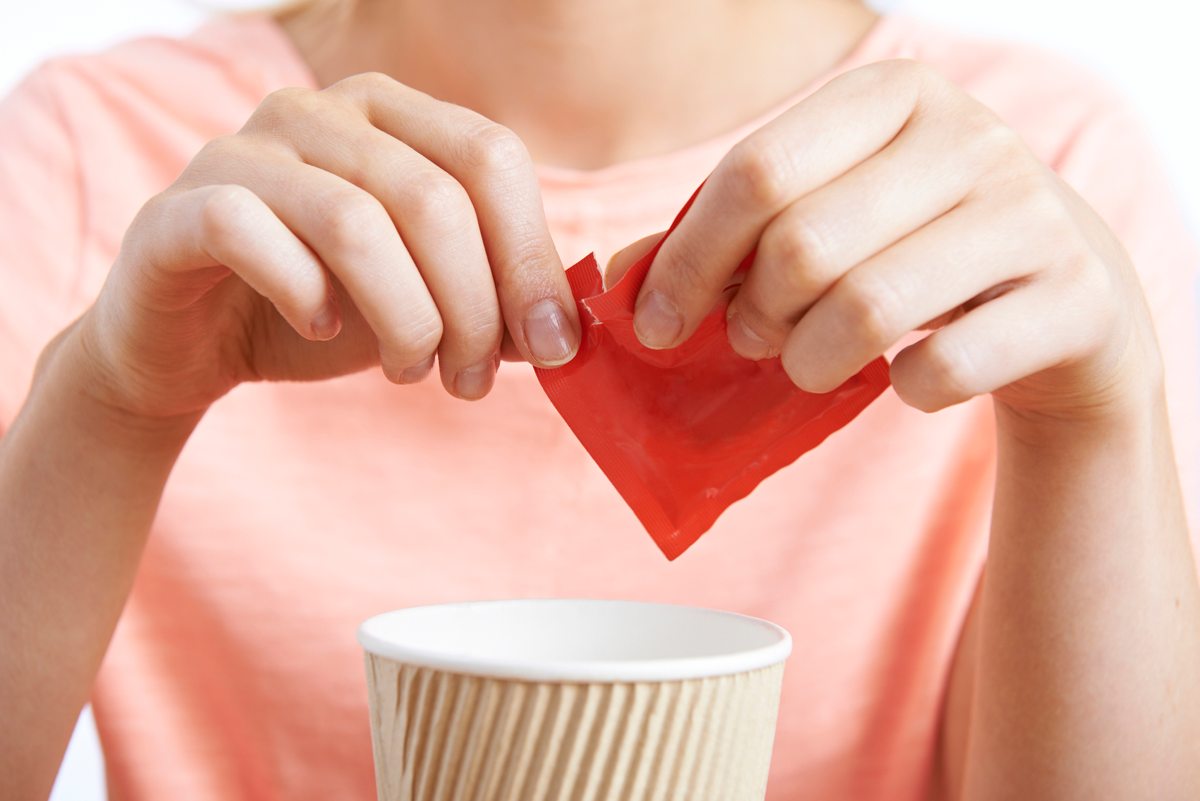Panic Headlines is back! As a reminder, in this series I look at what’s behind the latest alarming headlines in the news.
“Zero-calorie sweetener linked to heart attack and stroke, study finds” —CNN
I’m late to this one, so I am sorry if you have already disposed of all your stevia-based products for no reason!
This headline, and other versions, popped up several weeks ago in light of a new study linking erythritol to heart attack and stroke. Before getting into the study, it’s useful to be clear on what this product is. Erythritol is a zero-calorie sugar substitute; it’s a sugar alcohol made through fermentation. It’s about 70% as sweet as sugar.
It can be used as an artificial sweetener on its own, but it is also commonly used in products that are sweetened with stevia (the leaves of the stevia plant) or monk fruit. The reason for this is that stevia and monk fruit are (a) much sweeter than sugar and (b) lack the texture and feel of sugar. A combination of a small amount of these products with a larger amount of erythritol produces products with the sweetness, texture, and mouthfeel of sugar.
To the article in question, which was published in the journal Nature Medicine: The paper explores the relationship between cardiac events (heart attack and stroke) and blood levels of erythritol. The approach here is actually a bit different than what we typically see in these papers about diet.
First, the authors rely on chemical levels in blood, rather than reports of what people eat. Second, their analysis proceeds in a few steps. They use a “discovery cohort” of individuals where they test their blood for a huge range of chemicals and look at which are associated with cardiovascular risk. In this analysis they see a link with erythritol, but appropriately they note that this kind of data-mining exercise is difficult to draw conclusions from.
In their next step, they use two additional cohorts of people, test their blood for erythritol levels, and show that those with very high levels (in the top quartile of the data) have higher cardiovascular risks.
This approach solves one problem with many nutrition studies, which is that people misreport what they eat. By using blood tests, the authors can be more confident about the food consumption levels. However, the approach does not solve the overall causality issue. If the kind of people who consume a lot of sugar substitutes are different in other ways (which they are), then it’s difficult to separate out the impacts of the sugar substitute.
In this case, there is a more obvious issue with this link in the data: reverse causality. One of the key recommendations when people are at risk for cardiovascular disease is that they change their diet to consume fewer calories and, often, less sugar. To achieve that, people will often switch to foods that have zero-sugar sweeteners. But this means that, effectively, the cardiovascular disease is causing the consumption, rather than the other way around. The authors do some adjustments for health, but, as I’ve noted elsewhere, these adjustments are likely to be very incomplete.
In the end, nothing especially compelling here. Look away!
Community Guidelines



















Log in